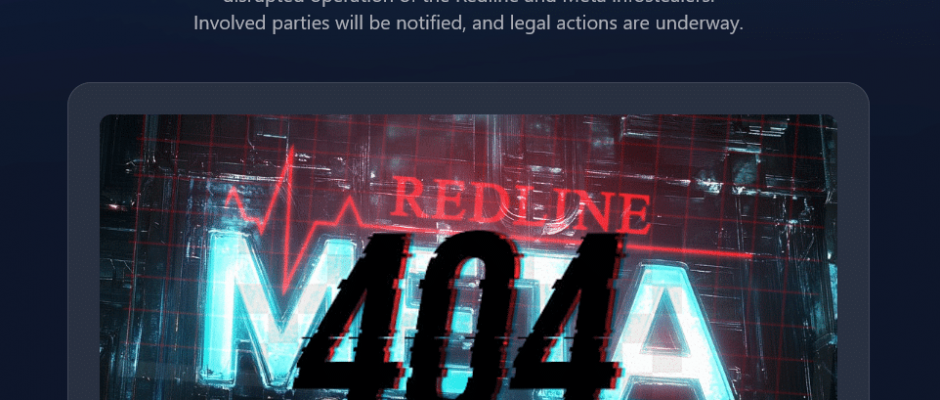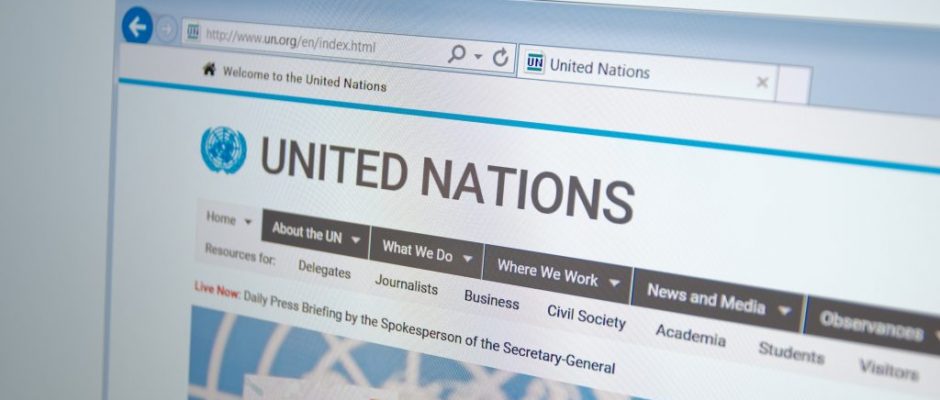Chinese AI offering rattles Big Tech investors
The start of this week saw roughly $1 trillion wiped off leading US tech stocks, following the launch of Deepseek, a Chinese rival to AI offerings such as Microsoft ChatGPT. What has really spooked the markets is that the Chinese artificial intelligence (AI) assistant uses less data and generates lower all-round costs than its current Silicon Valley rivals.
The expense of training and developing DeepSeek’s models is claimed to be only a small fraction of that required for OpenAI, putting into question the need to invest in the latest and most powerful AI accelerator chips from Nvidia. At the start of trading this week, Shares in Nvidia dropped a full10 percent and AI data analytics company Palantir lost seven percent in pre-market trading. Microsoft, Google’s parent company Alphabet, and Meta all also experienced a drop in their share price.




